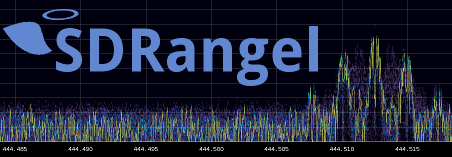 |
SDRAngel
4.11.5
Developer docs for <a href="https://github.com/f4exb/sdrangel">SDRangel<\a>, an Open Source Qt5 / OpenGL 3.0+ SDR and signal analyzer frontend to various hardware.
|
 |
SDRAngel
4.11.5
Developer docs for <a href="https://github.com/f4exb/sdrangel">SDRangel<\a>, an Open Source Qt5 / OpenGL 3.0+ SDR and signal analyzer frontend to various hardware.
|
#include <uid.h>
Static Public Member Functions | |
| static uint64_t | getNewObjectId () |
| static uint32_t | getNewInstanceId () |
Static Private Member Functions | |
| static uint64_t | getCurrentMiroseconds () |
|
staticprivate |
Definition at line 69 of file uid.cpp.
Referenced by getNewObjectId().
 Here is the caller graph for this function:
Here is the caller graph for this function:
|
static |
|
static |
Get a new object unique Id. It is the addition of:
Definition at line 35 of file uid.cpp.
References getCurrentMiroseconds().
 Here is the call graph for this function:
Here is the call graph for this function: 1.8.13
1.8.13